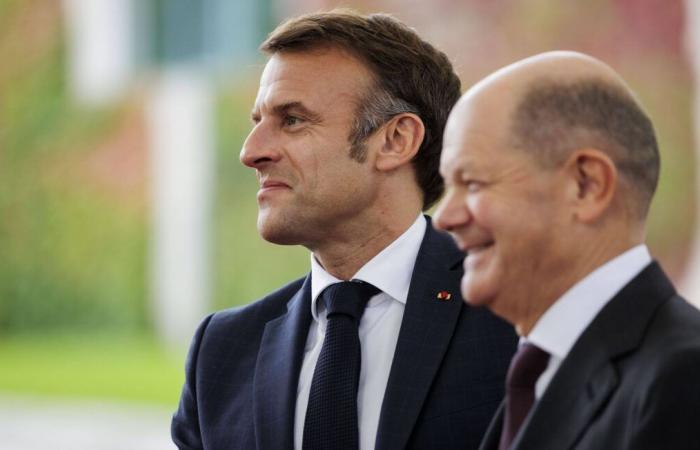
Amid the anger of farmers, the standoff continues in Europe over the agreement with Mercosur. And the disagreement affects the very engine of the European Union: France and Germany.
“After more than twenty years [de négociations] we must now finally finalize the free trade agreement with Mercosur,” said German Chancellor Olaf Scholz during a press conference on the sidelines of the G20 Summit in Rio de Janeiro, Brazil. The text, however, arouses strong opposition, particularly from Paris.
The Commission hopes to sign before December 31
“It went on way too long, the way it was negotiated. This is not a good example,” added the German leader. “We need more free trade agreements. The world is changing,” he said.
The European Commission, supported by several countries such as Germany and Spain, hopes to sign by the end of the year the free trade treaty negotiated for decades between the EU and the Mercosur countries (Argentina , Brazil, Uruguay, Paraguay and Bolivia). But other members of the EU are opposed to it, led by France, the continent's leading agricultural country in terms of value.
On Sunday, President Emmanuel Macron affirmed in Buenos Aires that France would not “sign as is” the treaty, saying he wanted to “reassure farmers” and “continue” to oppose it.
France





